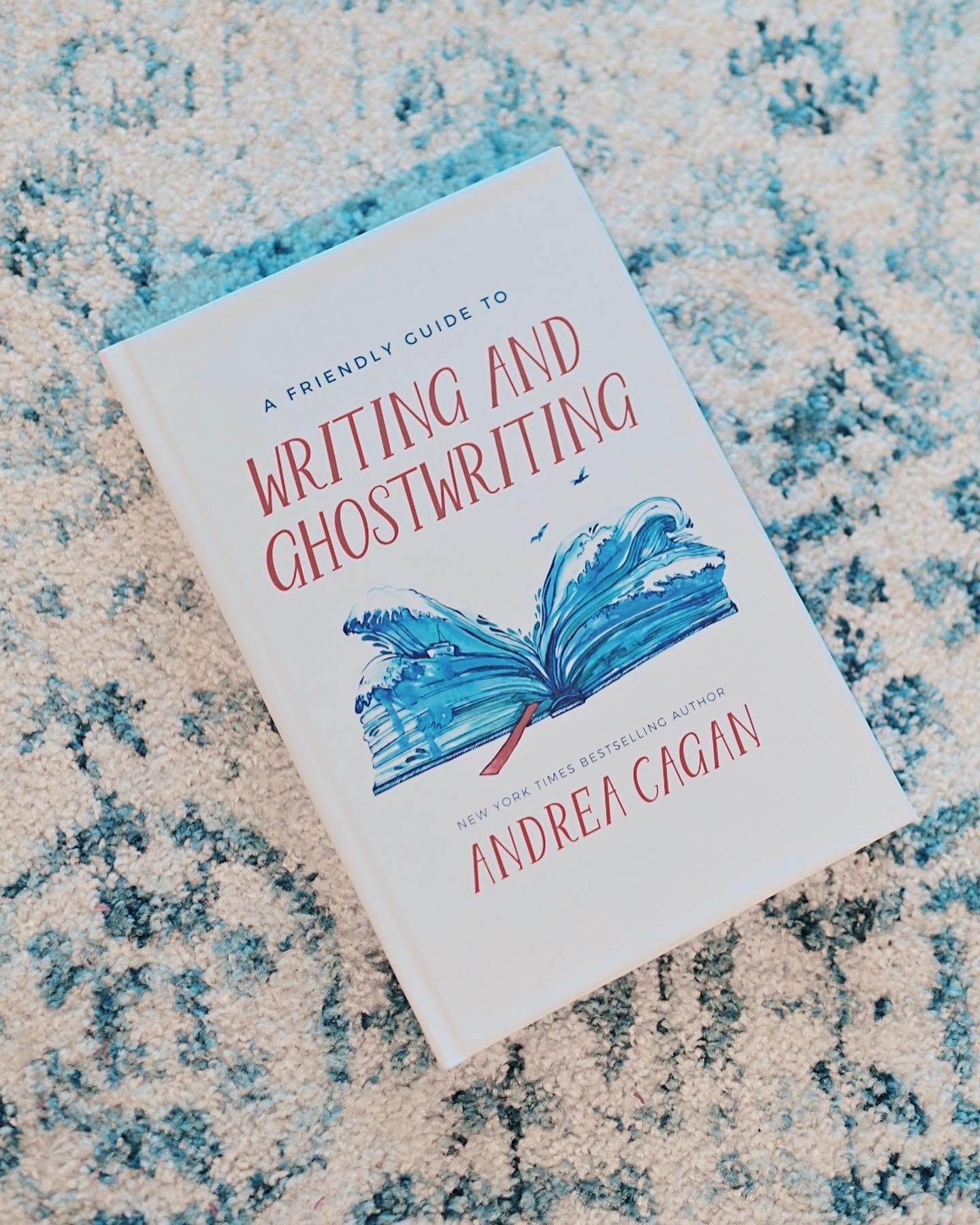The Closing Line: Excerpt from my book, A Friendly Guide to Writing and Ghostwriting
There is no real ending. It's just the place where you stop the story.
- - - Frank Herbert
The closing line of your book is every bit as important as the first one. While the opening line invites the reader in, the closing line is your chance to leave a lasting impression, to give them something to hold onto and remember. Unfortunately, people tend to recall an awkward ending better than a smooth one, so the quality of your last line can determine whether somone will refer your book to friends or tell them not to bother.
The last line of your book might offer a heartfelt good-bye, a sense that life goes on or an acknowledgment of all that came before, like a thank-you note. Or a fuck you note. It might be a way to say au revoir instead of good-bye. It may suggest a triumph or leave readers with a situation that will never be resolved, like unrequited love. There may be a sequel in the works or this may be the end of the story. Whichever it is, when your book is finished, the closing line needs to suggest that the story, the characters (if they didn’t die) and the lessons will continue.
I remember watching the HBO drama, Dexter, in 2013. By the series finale, oddly beloved serial killer, Dexter, had buried his dead sister at sea and abandoned his girlfriend to raise his son as he left his hometown to start a new life. The ending was so impactful, I felt a sense of loss when it was over. My sister, Jill, had been following it like I had, and we talked about how much we missed Dexter’s sister. We agreed that it was irresponsible for him to leave his son behind and we wondered whether or not he would ever go back home again.
We were well into the conversation when I said, “Do you realize we're talking about a fictional character and his story?” We laughed at ourselves but we we kept thinking about it for a long time afterward.
In 1958, Viktor Frankl wrote Man’s Search for Meaning, about surviving the death camps during the World War 11 Holocaust. He entitled his last chapter The Case for a Tragic Optimism and this is his closing line:
So, let us be alert – alert in a twofold sense: Since Auschwitz we know what man is capable of. And since Hiroshima, we know what is at stake.
Mr. Frankl ended his book by expressing hope in the face of life’s greatest terrors.
When you’re reading the galleys, watch out for overzealous publishing editors who may have ruined your last line. I know how it feels when a publisher throws a wrench into the works and skews the meaning a well thought out ending. When I got my first publishing deal, I was excited to see my work in book form. I liked the weight of it in my hands and seeing my name on the cover. But when I scanned the text, I was appalled that my editor had made an executive decision to drop the last two sentences at the end of one of my chapters. I was furious. He had left my paragraph sounding stilted and unfinished. I got him on the phone and complained but he stood firm.
To this day, I cringe when I remember that unauthorized edit. It was enough to make me contemplate self-publishing in the future which I did with my memoir. Although I had to produce the entire book from scratch and be my own editor and marketer, at least I owned my material and no one could pull a fast one on me.
Pacing and rhythm are important for writing in general but they are crucial for a closing line. You want the words to roll off someone’s tongue. The last line of your book is meant to offer a sense of release and fulfillment, even if you’re describing a painful ending like ruination or death. Just like a catchy tune or a slogan that keeps playing over and over in your head, you want your readers to say to a friend, “I just read this book and I can't get it out of my mind.”
If you choose, you can write a sad ending but be careful that you don't leave your reader with anxiety, depression, or regret that they read your book. At the same time, avoid tying your story up with a neat little bow. Life doesn't unfold like that. Avoid tricky words and expressions. Avoid preachy ideas that sound like you know it all. No one wants to be told how to think or feel about anything. They don't want to feel “less than” the author, and they don't want to have to figure out what you're talking about.
I was once editing a book that had a confusing last line. When I told her it didn’t make sense, she said, “Good. I want people to have to think and figure it out.” It was a big mistake. Her book went nowhere because she left her readers frustrated. Word of mouth is an important way to get sales and no one suggested it to their friends.
From the first line to the last, you want your readers to get the full meaning of what you're trying to say and if it’s appropriate, you can inject a little humor.
Sorry I forgot to give you the mayonnaise.
- - - Richard Brautigan, Trout Fishing in America




